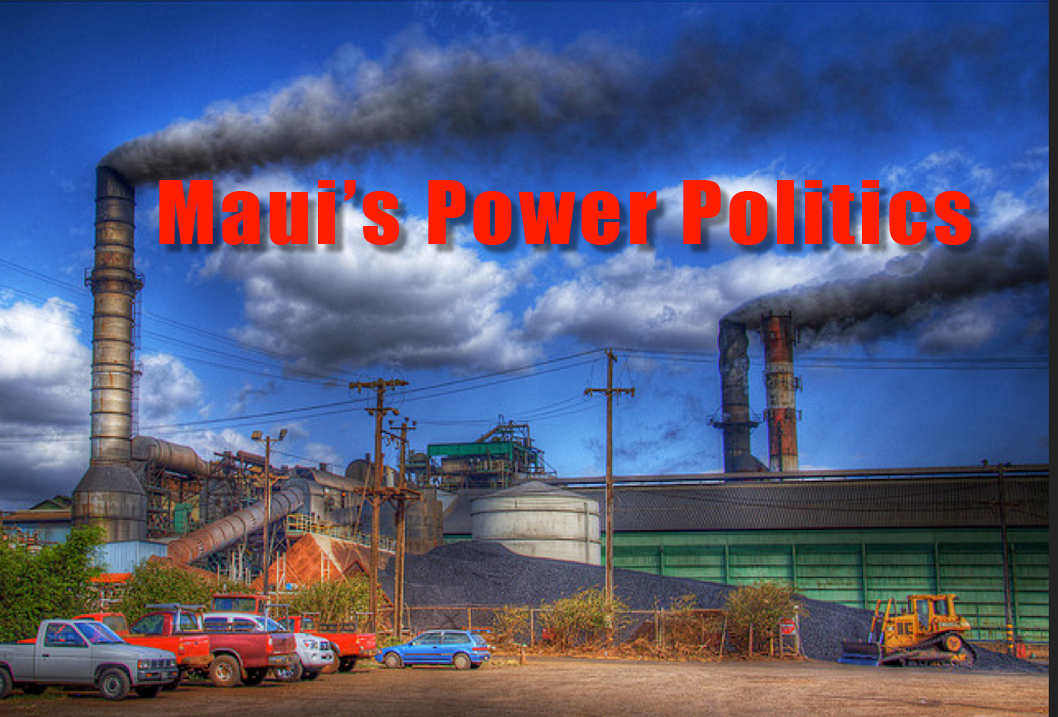Anaergia Services LLC has filed a complaint with Hawaii regulators against Hawaiian Electric Co. and its subsidiary Maui Electric Co. over a proposed energy project on Maui, according to public documents.
The projects include the Mahinahina Energy Park project, now known as Maui Energy Park, which would have been located near Maui County’s Lahaina Wastewater Reclamation Facility, and a waste-to-energy project at the Central Maui Landfill in Puunene, the largest of four county-run landfills on the Valley Isle.
On Friday, the California-based company filed its complaint with the Hawaii Public Utilities Commission claiming that the companies refused to accept its offer to sell and deliver renewable energy despite clear public interest benefits and energy policy goals its projects would achieve.
Anaergia also said that the companies refused and failed to forward requests for preferential rates for the purchase of firm renewable energy produced from agricultural crops to the commission for approval as required by law.
Anaergia said it has been and continues to be financially harmed and damaged by the companies’ refusal to accept its offers.
“In addition, the County of Maui, the general public, and MECO’s ratepayers have been, and will continue to be, financially harmed and damaged by HECO and MECO’s failures and unreasonable refusal to accept firm renewable energy from the Anaergia Cos.,” the company said in its complaint.
Anaergia is asking the commission to approve the preferential rates for the purchase of renewable energy by MECO and issue an order to MECO to negotiate a biogas fuel supply contract, among other requests.
“The projects we are pursuing are in the public interest,” Arun Sharma, president of Anaergia Americas, told PBN. “Our view is that our pricing is very competitive with the current cost of fuel. We tried very hard to negotiate a contract with MECO. Overall, the pricing saves customers a lot of money.”
Maui Electric, through its spokeswoman Kaui Awai-Dickson, told PBN that it has worked very hard with Anaergia to negotiate a contract that was in the best interests of its customers.
“However, in the end, the pricing they offered was too high and would have resulted in increased costs to our customers,” she told PBN in an email. “The contract also did not meet the legal requirements for preferential rates. Therefore, we could not responsibly submit such a contract to the PUC for approval.”
Earlier this year, Maui Electric decided to hold off on submitting to the PUC a power purchase agreement with Anaergia for a proposed agricultural energy project that would generate up to 6 megawatts of biogas energy.
In March 2014, Maui Electric received approval from the PUC to begin working on a power purchase agreement with Anaergia on the Mahinahina Energy Park project, now known as Maui Energy Park, which would have been located near Maui County’s Lahaina Wastewater Reclamation Facility.
The PUC gave Maui Electric a waiver from the competitive bidding process and said that a fully executed power purchase agreement for the project must be filed within six months, which would have been in September 2014.
In a letter sent to the PUC earlier this year, Sharon Suzuki, president of Maui Electric, said that the two companies are continuing to discuss and explore the alternative option of Anaergia providing biogas to Maui Electric in lieu of selling power.
The project would have grown sorghum, an energy crop native to Hawaii, which is able to grow using the quality of water produced at the wastewater facility. The mature crops would have been harvested and converted naturally into a methane-rich gas called biogas in large tanks called anaerobic digesters.



